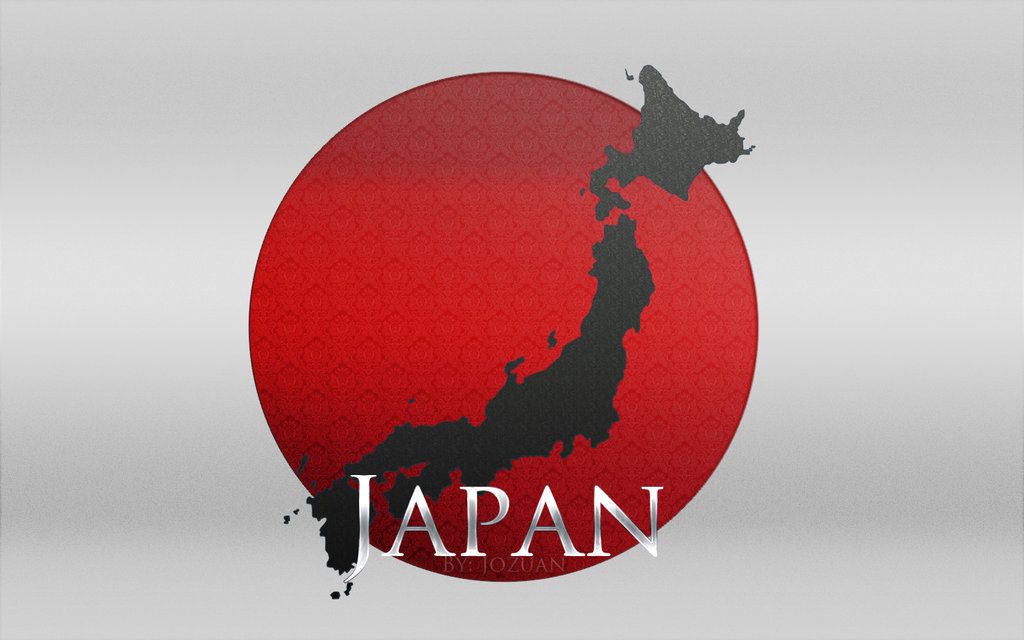I have always been fascinated by Asian countries. I actually have a close friend, originally from Asia. Over the years, through my interaction with her, I have appreciated how unique people from those countries are. One particular Asian country of note is Japan. Japan has so many characteristics from which you can draw inspiration. The Japanese have a 3-day holiday at the beginning of the New Year. These days are set aside exclusively for spiritual excursions, e.g. praying for success in the New Year. That is not something you find in many countries. Here are some Japanese concepts that can revolutionize your life:
Ikigai – Discover Your Purpose
The best way to illustrate this is by using a biblical example. In the creation account in the book of Genesis, take note of the order of things. The Garden of Eden was created first. Then Adam was created for the sole purpose of taking care of the garden. Then Eve was created to be his suitable helper. There is one recurrent theme in this series of events – PURPOSE.
By being born into this world, there is a particular purpose set out for you. You are not here just merely to exist. You were born for a purpose, and you must discover it. If you do not know the purpose of a thing, abusing it is inevitable. If you do not know your purpose, you live anyhow. That is why you must start walking into your life’s purpose.
Shikita Ga Nai – Let Go Of What You Cannot Change
So many things happen in our lives every single day. We directly cause some things. Some things are done to us. Some things happen around us. As an individual, you must know that you are the pilot of your life. Like it or not, you are. There are certain things you can control. This implies there are things you can change.
The harsh reality though is there are things you cannot change. Many people are depressed and mainly stressed because they are grappling with things they cannot change. Your life will be more peaceful when you start letting go of what you cannot change. Starve what you cannot change with any attention and energy.
Wabi-Sabi – Find Peace In Imperfection
I am reminded again of a biblical account where Paul pleaded with God at one point. He was constantly facing a challenge and begging God to make it disappear. Part of what God said to him was, ‘…My strength is made perfect in my weakness. Imperfection is not necessarily always a bad thing. Imperfection can help us stay grounded and not become too pompous.
At times it is fuel for us to strive to better ourselves. It can also help you value the importance of other people. The things you cannot do and do not have, someone else can and has. This means by joining hands with someone else, you complement each other. In light of everything, teach yourself to find peace in imperfection. Do not let it weigh you down.
Gaman – Preserve Your Dignity During Tough Times
Tough times often come to us from time to time. Most people lose their composure when tough times come. Yet some people actually rise and excel in tough times. This means it is not about the tough times but how you choose to react. Dignity is defined as the state of being worthy of esteem. It also means elevation of mind or character. Consider the many people who resort to stealing, fraud, corruption, and the like.
Consider women who resort to prostitution. Consider business people who cut corners and engage in business malpractice. You will find in most cases that the push factor is tough times. They got overwhelmed by tough times and failed to preserve their dignity. Choose to be different; permanently preserve your dignity during tough times!
Oubaitori – Do Not Compare Yourself To Others
Your uniqueness is your competitive advantage. The moment you compare yourself to others, you bury that competitive advantage. Ironically you usually do not know the whole story of the one you are comparing yourself to. Value and amplify your uniqueness.
Kaizen – Always Seek To Improve In All Areas Of Your Life
For as long as you live, you can do better in anything. You never quite arrive; that is the beauty of life. You can continually improve any area of your life. That is why you must always seek to improve all areas of your life. Take every day as an opportunity to improve on what you did before. ‘What and how can I improve in my life?’ – Let that consume you daily.
Shu-Ha-Ri
This one focuses on how the learning process should be. The emphasis is on submitting to a teacher as the first thing. Then the culmination should be to make the teacher unnecessary. This does not mean the teacher ceases to have material value. It simply means you should reach a point where you have grasped enough to stand alone. It reminds me of that leadership aspect which says good leader makes themselves irrelevant. Everything can continue smoothly even when they are out of the picture.
That should be your goal whenever you are learning – not to get too attached to being spoon-fed. If you do not have that mindset, you will not make the necessary effort to master things. Why? It is because you will rely on being able to dash back to the ‘teacher’ when in need. This principle can be applied to any facet of life. In summary, there are 3 steps you must go through when learning:
- Grasp the basics first
- Iteratively experiment, refine, and integrate (putting to work what you have learnt)
- Innovate and boundlessly apply
For the discerning, this discussion can stir up a lot in you. Take time to internalize all that we have discussed today. Let it renew your mindset. Most importantly, put it to work in your life. It does not matter if it is your business, personal, spiritual, academic, or career life – it all applies.








